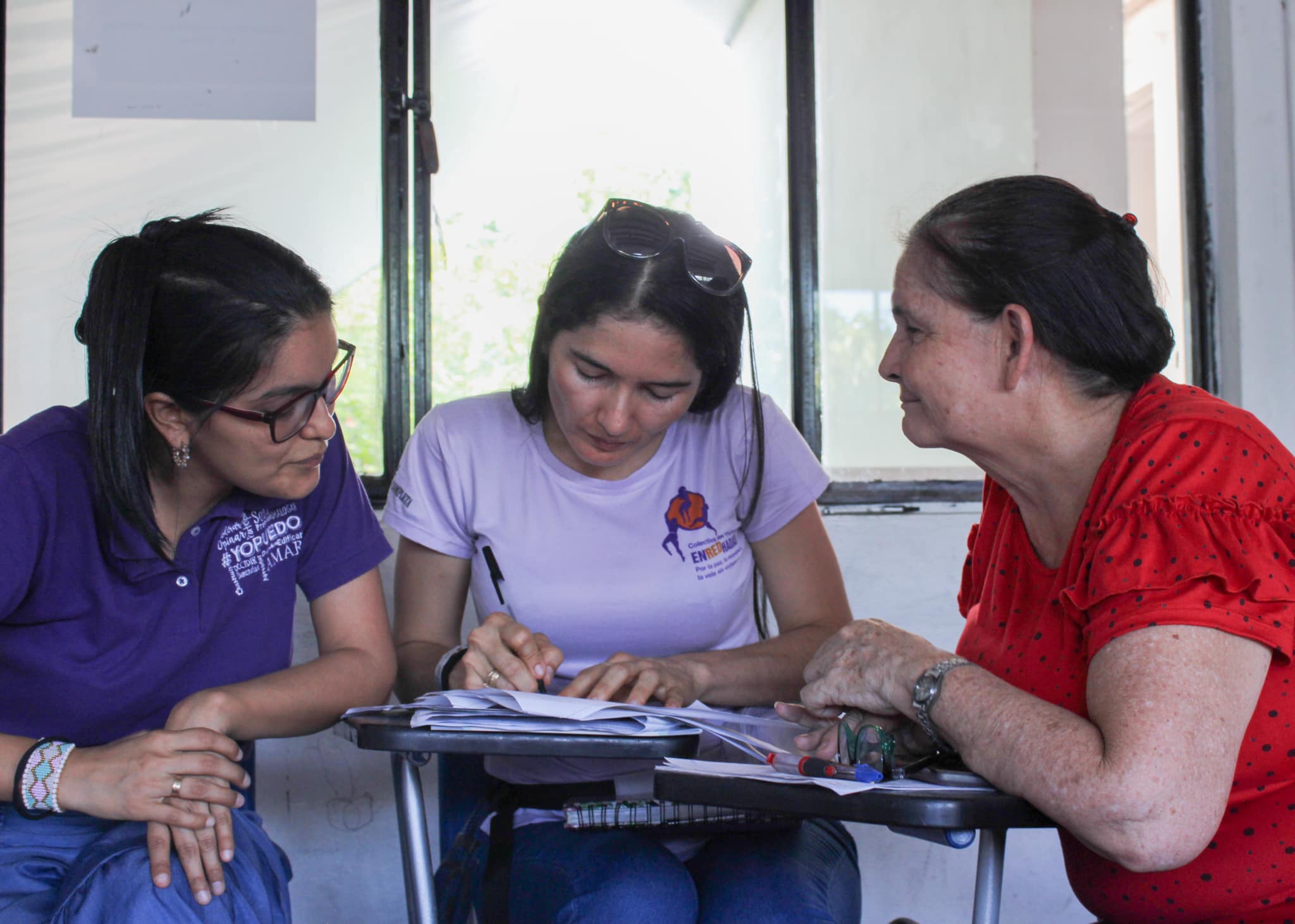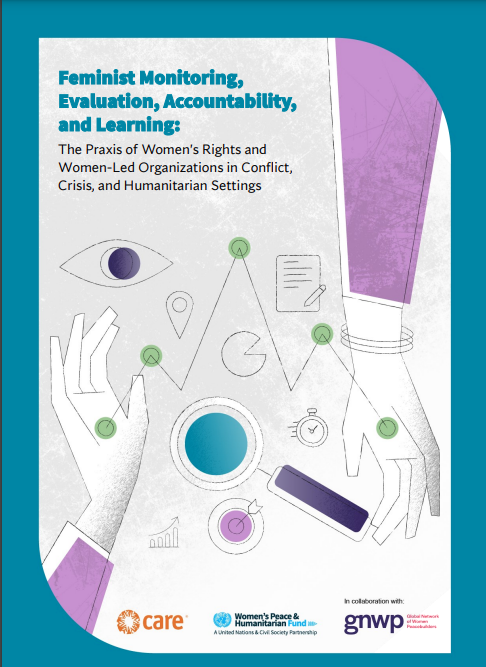(Bangkok) – This week, the United Nations Women’s Peace and Humanitarian Fund (WPHF) presented its latest research on feminist monitoring, evaluation, accountability, and learning (MEAL) at the Association for Women’s Rights in Development (AWID) International Forum, held in Bangkok, Thailand, from December 2-5.
First introduced at the Sexual Violence Research Initiative (SVRI) Forum in Cape Town, South Africa, in October, the study – conducted in collaboration with CARE – documents the approaches on feminist MEAL of 10 women’s rights and women-led organizations (WROs) across six conflict-affected countries (Colombia, the Democratic Republic of the Congo (DRC), Haiti, Nepal, Nigeria, and Ukraine), emphasizing how women’s groups, deeply rooted in their contexts, see its localization as “critically feminist.” Issues like adaptation, flexibility, intersectionality, anonymity, data security, consent, and confidentiality are also highlighted as key feminist principles in conflict, crisis, and humanitarian settings, where the use of participatory and qualitative methodologies is crucial.
“Flexibility is key, especially in conflict situations. It can shift every day. For example, a woman was hit by shelling and our partners were delayed in reporting – this [situation] influences timelines, but we have to be flexible because sometimes donors don’t understand. The problem is not only with data, but also how much time it takes,” said a member of the Global Network of Women Peacebuilders a WPHF CSO partner in Ukraine.
Recognizing the various definitions and terminologies used by local women’s organizations and global experts in this area, the study summarizes the term “feminist MEAL” as “the multifaceted, context-driven, and inclusive peace processes used in this field with the key objective of using data for advocacy and transformative and long-lasting changes while ensuring Do Not Harm approaches are applied. This is particularly relevant when it comes to gender-based violence programming, where there are additional MEAL considerations.
“Once we have the data, it provides evidence for the advocacy we do. We conduct advocacy that strengthens actions. We bring information to decision-makers, we see which actors can make a change. Advocacy to push for change,” explained a representative from Sauti Ya Mama Mukongomani, a WPHF CSO partner in the DRC.
Feminist MEAL is an approach that is not new. However, its widespread use by women’s rights and women-led organizations, as well as by other actors, has largely varied, sometimes even being seen as ‘less than’ traditional and more quantitative monitoring and evaluation practices. This research demonstrates, however, that there’s a need to debunk that feminist MEAL – due to its flexible and adaptive nature – is not as robust or systematic as traditional MEAL practices.
“For us, the participatory M&E system we use is feminist. It means engaging women and girls, and all categories in the design, in the tools and taking into consideration all protection issues and safety as well in co-design of analysis and in owning the findings. It also means issues of safety of our data and in protection,” added a member of the Center for Childcare and Human Development, a WPHF CSO partner in Nigeria.

